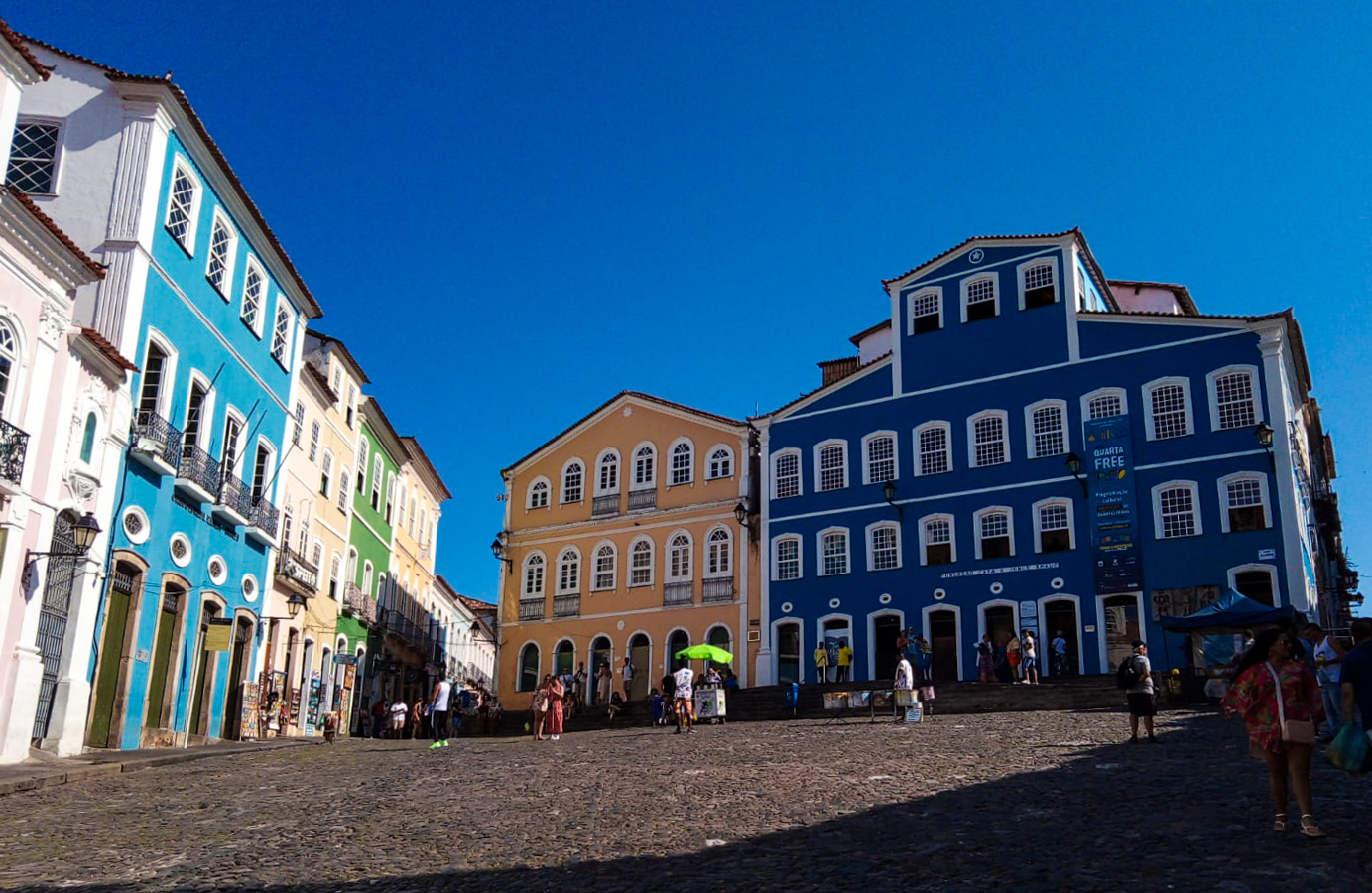- International & domestic flights
- Meals and drinks other than those mentioned
- Tips or personal expenses
- Travel insurance
- Optional tours
- Any items not mentioned


Upon arrival at Rio de Janeiro Airport, private transfer to selected hotel.
Jeep Tour through the Tijuca Forest, the large swath of tropical rainforest in the heart of Rio de Janeiro. Stop at the “Vista Chinesa”, a pagoda lookout, to take pictures and listen to the history of the reforestation of the Tijuca Forest and the importance of the Atlantic rainforest. Visit the Cascatinha waterfall for refreshments and to see the Mayrink Chapel. Enjoy an easy one-hour hike to learn more about the ecosystem. Return via Açude da Solidão (Loneliness Dam) to São Conrado along the scenic Estrada das Canoas. Watch the hang-gliders soar over the forest and land on São Conrado beach.
The tour also includes a visit to Rio de Janeiro’s landmark statue of Christ the Redeemer, one of the modern wonders of the world. The statue stands on top of Corcovado Mountain (2,300 feet above sea level), which is located within the Tijuca National Park—the largest urban forest in the world, with 8,000 acres of Atlantic rainforest in the heart of Rio de Janeiro. From the viewpoint at the feet of the 120-foot-high concrete and soapstone statue, enjoy spectacular 360º degree views over the city.
The Carioca skyline soars 1,300 feet above the city. Here is the Sugar Loaf Mountain, where you will be taken on this tour. Starting at the hotel, you will drive along famous beaches, such as Leblon, Ipanema, Copacabana, and Leme, reaching Praia Vermelha or Red Beach, in the Urca district. There, a cable car ascent is made in two stages toward the top of the Sugar Loaf Mountain. It will take you three minutes to reach the first stage, the Urca mountain, where the gardens and sightseeing view will invite you to enjoy this midway stop before proceeding to the peak. Arriving at it, the crescent of the Atlantic Ocean beaches comes fully into view and you will be amazed and certain of the city’s beauty. The return trip will be through Flamengo Park and there will also be a stop at the famous New Cathedral downtown. Return to the hotel.
Tour duration: 4 hours.
At appropriate time, private transfer to the airport for your flight to Salvador de Bahia. Upon arrival, private transfer to selected hotel.
The tour begins at the Barra Lighthouse that guards the entrance to the Bay of All Saint. Closer to downtown passes the São Pedro Fort and Praça Castro Alves, one of Salvador’s large civic squares and a popular gathering place during carnival. In the Lower City, visit the Mercado Modelo, one of the largest craft markets. Browse the many booths displaying a dazzling array of crafts and engage in some friendly bargaining with the vendors. The majestic 19th century Lacerda Elevator connects downtown to the Upper City and historic Pelourinho, a UNESCO World Heritage site that boasts the greatest collection of Baroque architecture in Latin America with more than a thousand houses, churches, and monuments dating back to the 16th, 17th, and 18th century. Enjoy a guided walking tour through the narrow cobblestone streets lined with lovely pastel-colored colonial architecture, unique Afro-Brazilian arts and crafts, and many artisan studios. Highlights of the tour include the beautifully restored 18th century Igreja de São Francisco; the Baroque altar of this church is a stunning gold-plated masterpiece and the cloister features perfectly preserved Portuguese azulejo tiles. The Largo do Pelourinho is home to the Casa de Jorge Amado, a cultural center dedicated to Bahia’s most beloved author Jorge Amado and Nossa Senhora do Rosario church, an 18th-century baroque jewel built by slaves.
A night of magic, mystery, and fun awaits! The evening begins with an authentic folkloric show to introduce visitors to the most important expressions and traditions of Afro-Brazilian culture. The outstanding performers will captivate the audience with Candomblé, Maculelê, Puxada de Rede, Dança do Caboclo, Samba de Roda, and a dazzling display of capoeira (traditional slave fighting). The evening includes transportation, a bilingual guide, and a traditional or international dinner.
The neighboring towns of Cachoeira and São Felix make for a great day trip from Salvador. During the Brazilian Empire, Cachoeira was Bahia’s wealthiest and most populous town. After Salvador, Cachoeira boasts the largest collection of baroque architecture in Bahia. The 2-hour drive from Salvador travels through the Reconcavo Baiano, an area of fertile farmland dotted with sugar cane, tropical fruit, and tobacco plantations. The center of tobacco production, Cachoeira and São Félix once boasted numerous cigar factories. Tour one of the last remaining cigar factories in the region, the Danneman factory, founded in 1873, and purchase some authentic Bahian cigars. Enjoy a tour through the center of Cachoeira, stroll along charming cobblestone streets lined with colorful baroque buildings, and visit a few lovely baroque churches. Drive across the antique 19th-century bridge over the Paraguaçu River that connects Cachoeira and São Felix before returning to Salvador at the end of the day.
Soak up the beauty and laidback ambiance of one of Bahia’s premier beach destinations. Praia do Forte lies 44 miles (70 km) north of Salvador. With more than 7 miles of beautiful palm-lined beaches, Praia do Forte truly lives up to its name of “Brazilian Polynesia”.
Spend the day exploring the beaches, basking in the warm sunshine, swimming in the tide pools, or sipping cold coconut water in the shade. Sample local seafood delicacies for lunch and stroll the charming seaside village. Learn more about the coastal ecosystem and local wildlife conservation at the Tamar Project (admission not included), the Sea Turtle Research Center. Return to Salvador in the late afternoon.
At appropriate time private transfer to the airport for your flight.
Get more information about “Salvador de Bahia”.